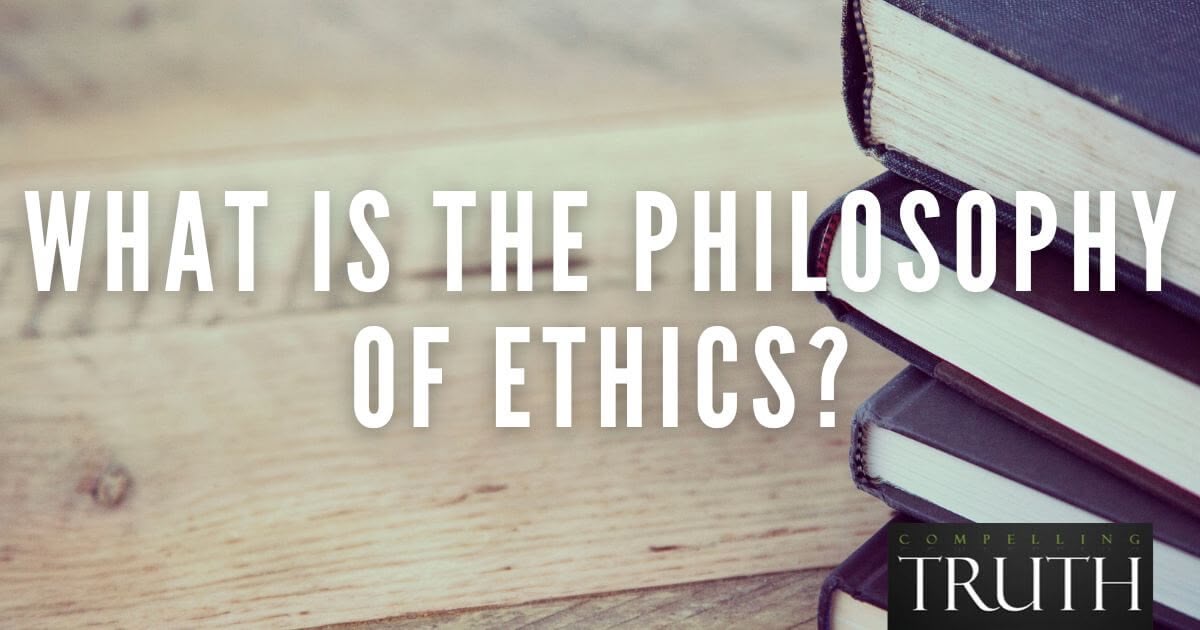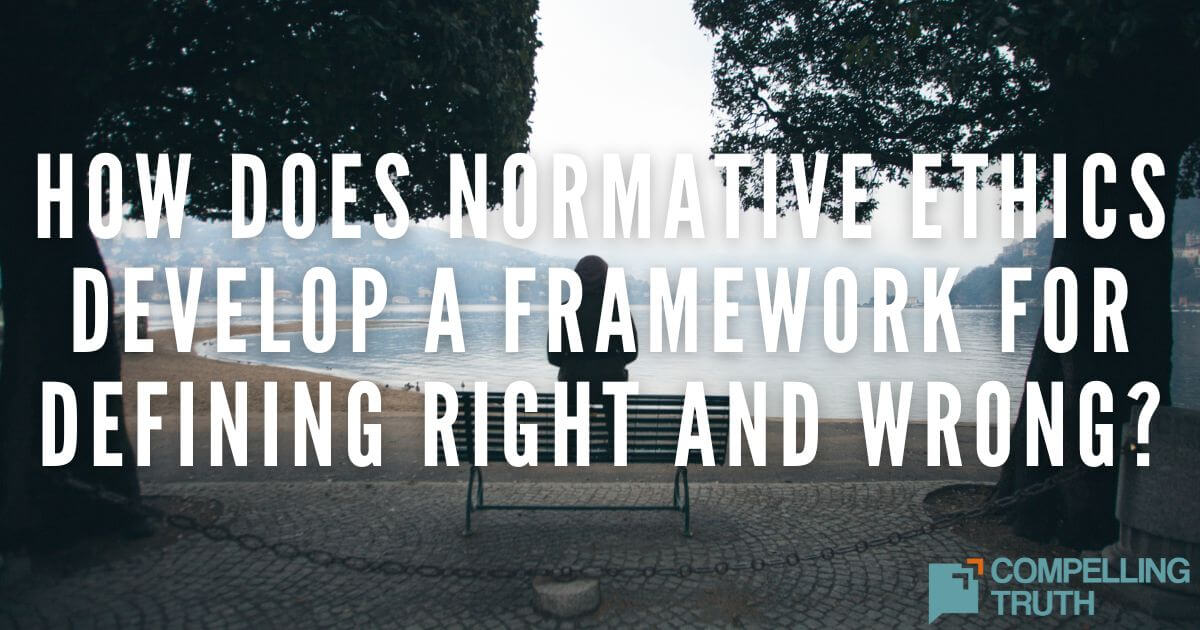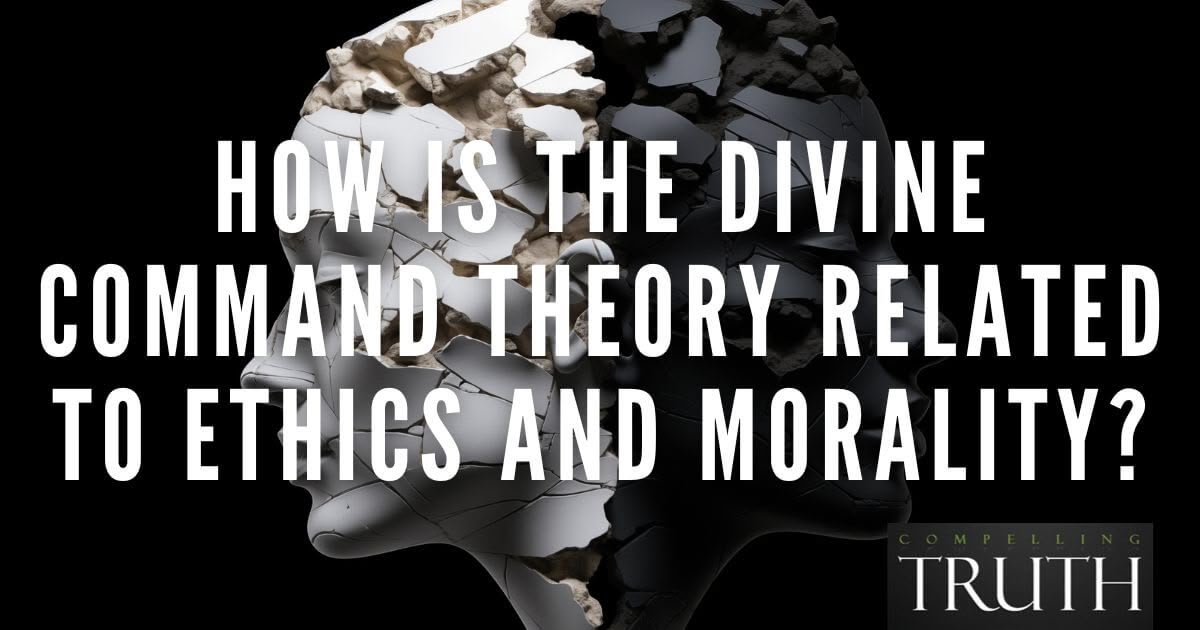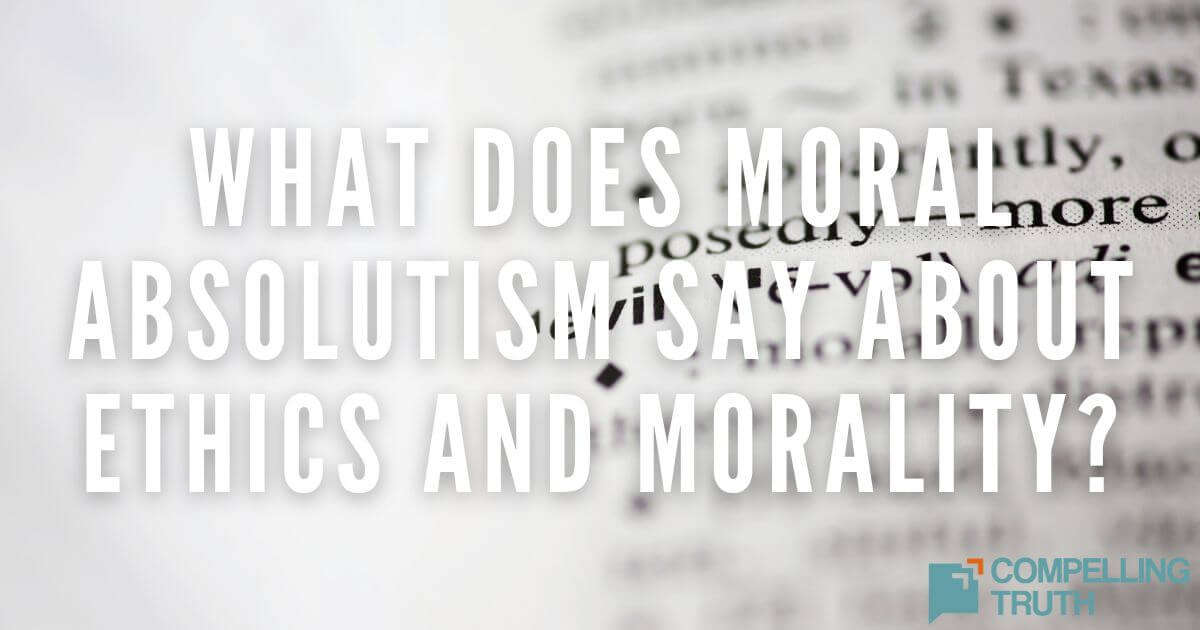Deontology is one of the four major philosophies of normative ethics. (See also: Consequentialism , Ethical Relativism, and Virtue Ethics.) The study of ethics is an attempt to definitively establish a standard for human behavior. These standards do not usually list exactly which actions are good or bad; they merely outline a system to use in determining if a given action is good or bad.
In its simplest form, deontology teaches that the morality of actions is predicated on the actions' adherence to established rules. These rules are absolute and are not determined by either the culture of the agent's society or the expected results of the act. There are a few general types of rule-based beliefs, although philosophers may organize them differently.
Moral Absolutism
In moral absolutism, some actions have moral value in and of themselves. Absolutism is not dependent on circumstance, cultural mores, or the end result of any action. It does not attempt to define which acts are moral and which are not; it simply teaches that some acts are always good, and some acts are always bad. Right and wrong can be defined through three different methods:
Natural Law/Natural Rights - Natural rights teaches that in the creation or evolution of mankind, certain standards were made intrinsically appropriate to ensure the welfare of individuals and society. These standards can be determined by carefully considering human nature in any circumstance.
Contractarianism - Contractarianism says that the rules which inform moral absolutism are those contracts which individuals or groups enter into freely. This would include legal contracts between individuals as well as civil law imposed on those who consent to be governed for the welfare of themselves and the state.
Divine Command Theory - Some believe the only legitimate source of law is the word of God. An act can only be ethical if it follows the command of God, and the word of God supersedes all other considerations.
Kantian/Duty
Immanuel Kant attempted to include the character and intent of the individual into the determination of morality. He believed that morality is not only based on a system of rules, but is predicated on if the action was performed out of duty (as opposed to being done inadvertently) and with the right motives (as opposed to grudgingly or selfishly). If an act was done for the good of another and with the desire to help another, it must be intrinsically moral.
Contemporary Deontology/Non-Aggression Principle
These principles are not so much subsets of deontology as axioms. Contemporary deontology teaches that it is only moral to commit harm if it is for a greater good. The non-aggression principle is similar, but teaches that force or harm is only moral if used in defense against another who initiated the aggression. Both of these can be used to augment other schools of deontology.
The Bible generally supports the deontological view. The Ten Commandments certainly affirm that there are absolute wrongs and rights and it is moral to obey what is right (Exodus 20:1-17). The Bible mentions all three versions of moral absolutism. We do have God's law in our hearts (Romans 2:14-15), we are obligated to fulfill a vow (Numbers 30:2), and God does give us laws to follow (Deuteronomy 6:1). At the same time, God calls us not only to obey in our actions, but also in our hearts (Deuteronomy 30:2), as the Kantian theory proposes. God values the motivation of our actions as well as our obedience (Mark 12:41-44).
At the same time, a true, accurate school of ethics cannot be derived from deontology alone without the guidance of God's Word (Psalm 25:4). Duty is not a biblical motivation for obedience; love of God is (2 John 1:6). Natural law, in combination with evolution, attempted to justify racism. And a murder is still unethical, even if a contract is involved. Kantian ethics also has its issues. Even an act performed out of duty with the intent of serving another can be immoral.
Much of the study of morality and ethics is mankind's attempts to explain and enforce godly behavior without resorting to actually acknowledging God. If a secular philosophy occasionally stumbles on biblical truth, it is merely proof that the Bible is relevant for all time.
In its simplest form, deontology teaches that the morality of actions is predicated on the actions' adherence to established rules. These rules are absolute and are not determined by either the culture of the agent's society or the expected results of the act. There are a few general types of rule-based beliefs, although philosophers may organize them differently.
Moral Absolutism
In moral absolutism, some actions have moral value in and of themselves. Absolutism is not dependent on circumstance, cultural mores, or the end result of any action. It does not attempt to define which acts are moral and which are not; it simply teaches that some acts are always good, and some acts are always bad. Right and wrong can be defined through three different methods:
Natural Law/Natural Rights - Natural rights teaches that in the creation or evolution of mankind, certain standards were made intrinsically appropriate to ensure the welfare of individuals and society. These standards can be determined by carefully considering human nature in any circumstance.
Contractarianism - Contractarianism says that the rules which inform moral absolutism are those contracts which individuals or groups enter into freely. This would include legal contracts between individuals as well as civil law imposed on those who consent to be governed for the welfare of themselves and the state.
Divine Command Theory - Some believe the only legitimate source of law is the word of God. An act can only be ethical if it follows the command of God, and the word of God supersedes all other considerations.
Kantian/Duty
Immanuel Kant attempted to include the character and intent of the individual into the determination of morality. He believed that morality is not only based on a system of rules, but is predicated on if the action was performed out of duty (as opposed to being done inadvertently) and with the right motives (as opposed to grudgingly or selfishly). If an act was done for the good of another and with the desire to help another, it must be intrinsically moral.
Contemporary Deontology/Non-Aggression Principle
These principles are not so much subsets of deontology as axioms. Contemporary deontology teaches that it is only moral to commit harm if it is for a greater good. The non-aggression principle is similar, but teaches that force or harm is only moral if used in defense against another who initiated the aggression. Both of these can be used to augment other schools of deontology.
The Bible generally supports the deontological view. The Ten Commandments certainly affirm that there are absolute wrongs and rights and it is moral to obey what is right (Exodus 20:1-17). The Bible mentions all three versions of moral absolutism. We do have God's law in our hearts (Romans 2:14-15), we are obligated to fulfill a vow (Numbers 30:2), and God does give us laws to follow (Deuteronomy 6:1). At the same time, God calls us not only to obey in our actions, but also in our hearts (Deuteronomy 30:2), as the Kantian theory proposes. God values the motivation of our actions as well as our obedience (Mark 12:41-44).
At the same time, a true, accurate school of ethics cannot be derived from deontology alone without the guidance of God's Word (Psalm 25:4). Duty is not a biblical motivation for obedience; love of God is (2 John 1:6). Natural law, in combination with evolution, attempted to justify racism. And a murder is still unethical, even if a contract is involved. Kantian ethics also has its issues. Even an act performed out of duty with the intent of serving another can be immoral.
Much of the study of morality and ethics is mankind's attempts to explain and enforce godly behavior without resorting to actually acknowledging God. If a secular philosophy occasionally stumbles on biblical truth, it is merely proof that the Bible is relevant for all time.



